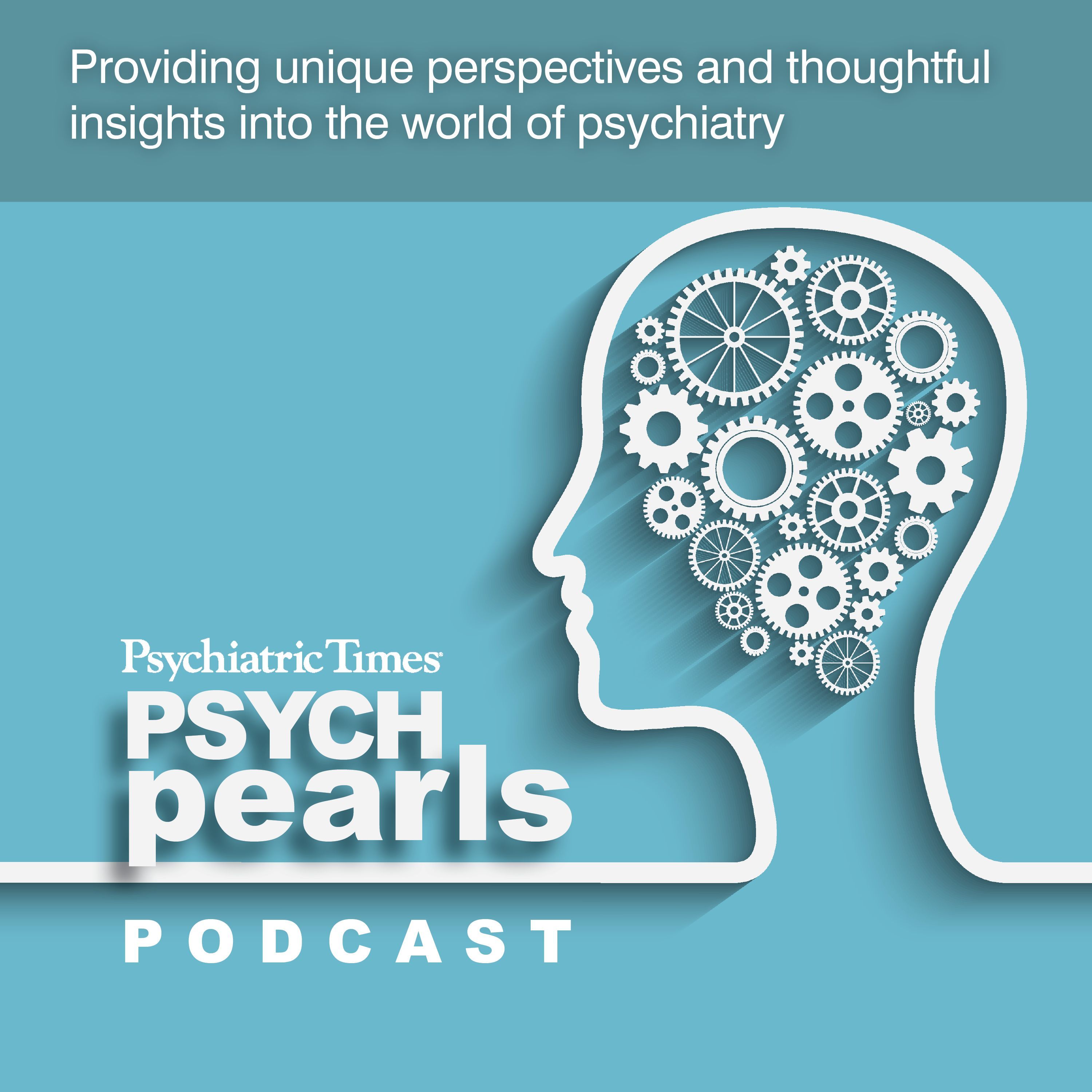Blog
Article
Dune and The Third Coming of the Psychedelics
Author(s):
As we enter the second coming of psychedelics popularity, H. Steven Moffic, MD, looks ahead to their third coming. Will it be similar to that of Dune?
amixstudio/AdobeStock

PSYCHIATRIC VIEWS ON THE DAILY NEWS
The publication of the book Dune in 1965 came at the height of the use and abuse of psychedelics in what could be called the first coming of the psychedelics in the United States. Now, years after they became federally illegal in 1970, they are being researched and used again in what could then be called their second coming. Besides their potential to help treatment-resistant depression, anxiety, and trauma, they may be beneficial for loneliness, opiate addiction, and traumatic brain injuries.
We also should not forget the long world-wide use of psychedelics by the indigenous over millennia. In the “Stoned Ape Theory,” ingesting psilocybin regularly in diets is said to have potentially led to the rapid evolution of brain size and abilities.1
Ketamine, which seems to have some psychedelics properties, has been practically available because it had approval from the US Food and Drug Administration (FDA) as an anesthetic years ago. Research has indicated its potential usefulness for treating depression more rapidly. No wonder, then, that this promise and availability of ketamine has led to numerous so-called ketamine clinics. I was asked to consult on one locally and suggested following the American Psychiatric Association’s (APA) 2017 guidelines,2 as well as to make sure that there was a psychiatrist onsite. As far as I can tell, that has not been followed locally or nationally. No wonder, then, that the APA has recently told MedPage that those clinics are like the “wild west,” where patients do not received adequate informed consent on the downsides.3 The profit potential on refined psychedelic doses is another influence.
The hope is that when other purer psychedelics receive FDA approval, that they are more carefully regulated and monitored. However, even if that proves so, underground usage will likely continue as usual.
If we can skip the imagined 10,000 years to reach “Dune: Part Two,” the third coming of psychedelics seems in full swing. A highly addictive and very power psychedelic is in planetary use for producing a longer life, vitality, and awareness. At higher doses, it produces increased computational skills, making interstellar travel practical. As what seems to be a key ingredient in the poisonous narcotic Waters of Life, past memories and clairvoyant visions of the future can become available.
However, in “Dune: Part 2,” we see very little, if any, of the touted cosmic connections from our current psychedelics. Instead, competition for spice seems to have escalated conflict and colonialism, once again depicting both the promise and perils of psychedelics. Although there is no formal psychiatry depicted in the movies or book, real life psychiatry has the knowledge and some power to guide our psychedelic future for the better.
Dr Moffic is an award-winning psychiatrist who specialized in the cultural and ethical aspects of psychiatry and is now in retirement and retirement as a private pro bono community psychiatrist. A prolific writer and speaker, he has done a weekday column titled “Psychiatric Views on the Daily News” and a weekly video, “Psychiatry & Society,” since the COVID-19 pandemic emerged. He was chosen to receive the 2024 Abraham Halpern Humanitarian Award from the American Association for Social Psychiatry. Previously, he received the Administrative Award in 2016 from the American Psychiatric Association, the one-time designation of being a Hero of Public Psychiatry from the Speaker of the Assembly of the APA in 2002, and the Exemplary Psychiatrist Award from the National Alliance for the Mentally Ill in 1991. He is an advocate and activist for mental health issues related to climate instability, physician burnout, and xenophobia. He is now editing the final book in a 4-volume series on religions and psychiatry for Springer: Islamophobia, anti-Semitism, Christianity, and now The Eastern Religions, and Spirituality. He serves on the Editorial Board of Psychiatric Times.
References
1. McKenna T. The Food of the Gods. Bantam; 1993.
2. Sanacora G, Frye MA, McDonald W, et al. A consensus statement on the use of ketamine in the treatment of mood disorders. JAMA Psychiatry. 2017;74(4):399-405.
3. DePeau-Wilson M. Ketamine clinics diverge from APA recommendations. MedPage Today. March 4, 2024. Accessed March 11, 2024. https://www.medpagetoday.com/special-reports/exclusives/109012
Newsletter
Receive trusted psychiatric news, expert analysis, and clinical insights — subscribe today to support your practice and your patients.






